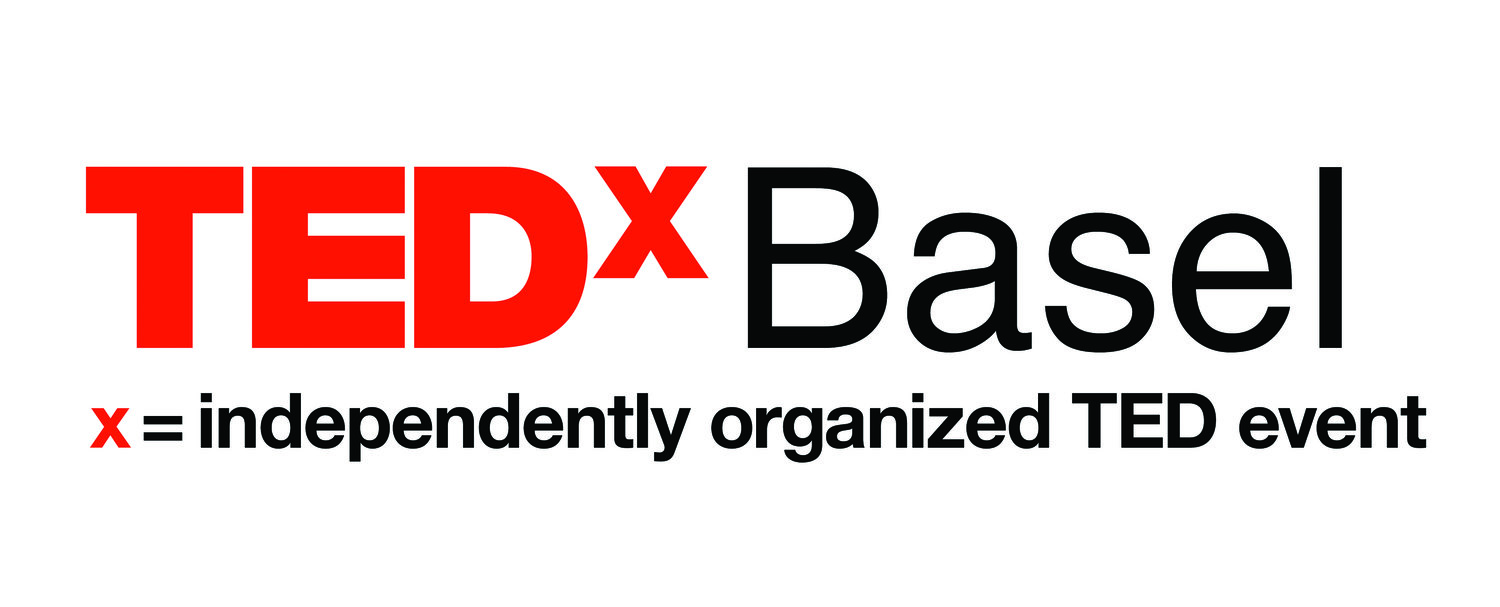TED's 31 days of Ideas - Day 15: What we can see and why
/What is the point of sight? It's a costly endeavor; it commands approximately one-third of your brain's volume and up to two-thirds of your cognitive processing power. But what is it meant to accomplish? Intuitively, the answer seems obvious: sight is meant to accurately represent the world around you.
Read More





